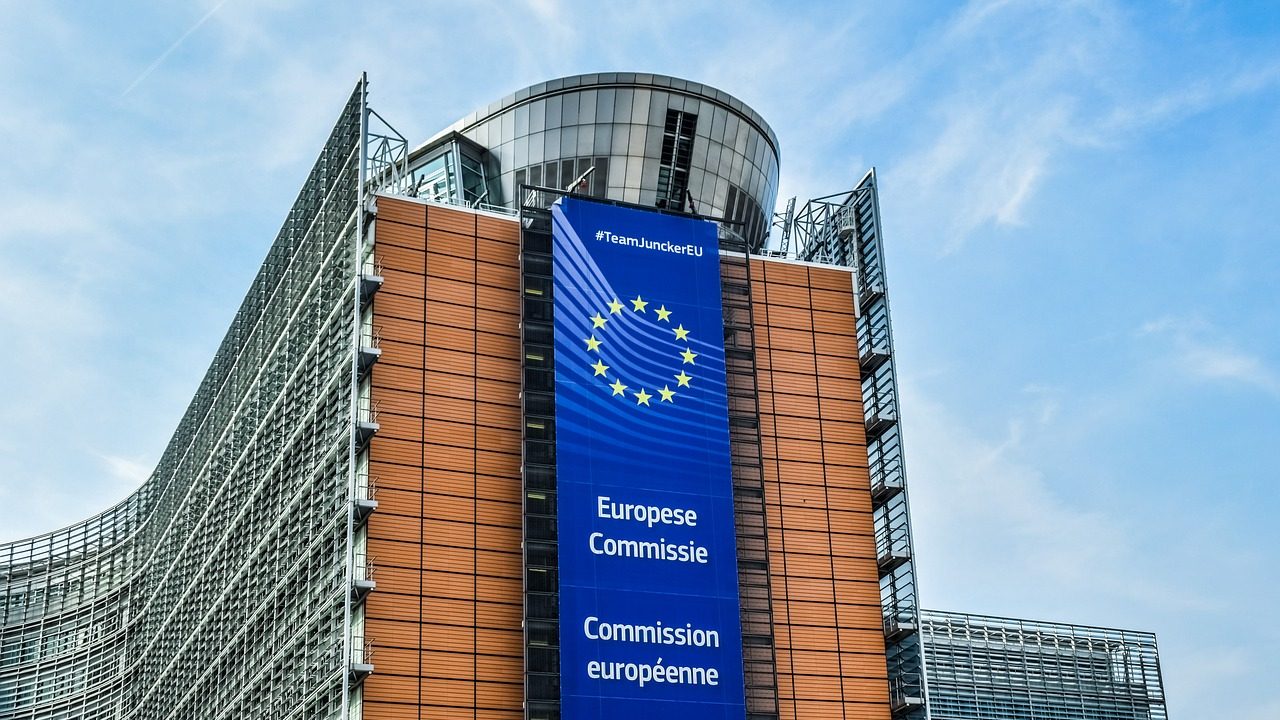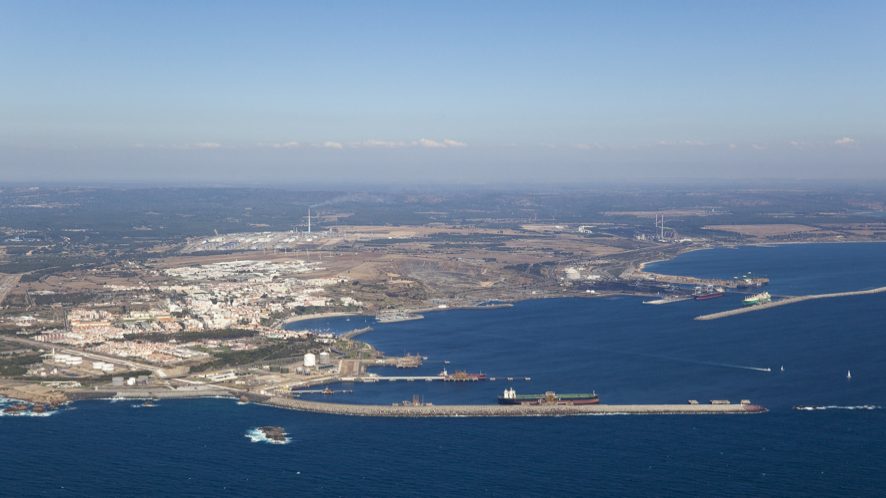Portugal a high-debt country, needs fiscal prudence – Dombrovskis
Valdis Dombrovskis said on Monday that Portugal is a heavily indebted country and, therefore, it should have a "prudent fiscal policy".
European Commission Executive Vice-President Valdis Dombrovskis said on Monday that, as Portugal is a heavily indebted country, it should have a “prudent fiscal policy” with a limit on current spending and investments in the energy area.
“Portugal is a high debt country. Therefore, our fiscal recommendation is to ensure a prudent fiscal policy by limiting the growth of nationally financed current expenditure below medium-term potential GDP growth in the medium term,” Valdis Dombrovskis said.
In an interview with a small group of European media in Brussels, including Lusa, the person responsible in the EU executive for “An economy that works for people”, said that this was something the Commission “has signalled before”.
On the day Brussels released the “spring package” of the European semester of economic and budgetary policy coordination, the executive vice president of the European Commission pointed out that recommendations were also issued per country in the area of energy, proposing greater “employment of renewable energy, improving energy efficiency, reducing dependence on fossil fuels and also work on electricity interconnection”.
The European Commission said today that Portugal continues to experience macroeconomic imbalances, mainly due to high levels of public, private and external debt, alongside low productivity growth.
The EU executive’s analysis is that Portugal continues, along with six other countries – Germany, France, Spain, the Netherlands, Romania and Sweden – in a batch of member states with “imbalances”.
Concerning Portugal, the EU executive said that “vulnerabilities are related to high private, public and external debt, in a context of low productivity growth”, noting that “after a temporary reversal in 2020 due to the Covid-19 crisis, these vulnerabilities resumed their downward trajectory in 2021”, but “remain above pre-pandemic levels”.
This exercise continues to be carried out by the Commission despite the activation of the escape clause of the Stability and Growth Pact (SGP), which temporarily suspends the rules, which require member states’ public debt not to exceed 60% of Gross Domestic Product (GDP) and impose a deficit below the 3% threshold – and which, just today, Brussels recommended to remain activated in 2023, because of the economic effects of the war in Ukraine, energy prices and continued disruptions in the supply chain.
Also today, the EU executive officially presented its favourable opinion on the Portuguese budget for 2022 as part of the ‘spring package’ of the European semester, considering that the document is consistent with the Council’s recommendations and stressed the importance of Portugal supporting economic recovery through the ‘bazooka’.
In the interview with Lusa and other European media in Brussels, Valdis Dombrovskis said that the 2022 budget was “consistent with the recommendations of the Council of June last year”.
“So, basically, Portugal plans to provide continuous support to the recovery, using the Recovery and Resilience Plan to finance additional investments,” the official added, advancing that “Portugal is expected to sufficiently limit the growth of nationally financed expenditure.”
“So we see the plan as being in line with the last year,” Valdis Dombrovskis concluded.


